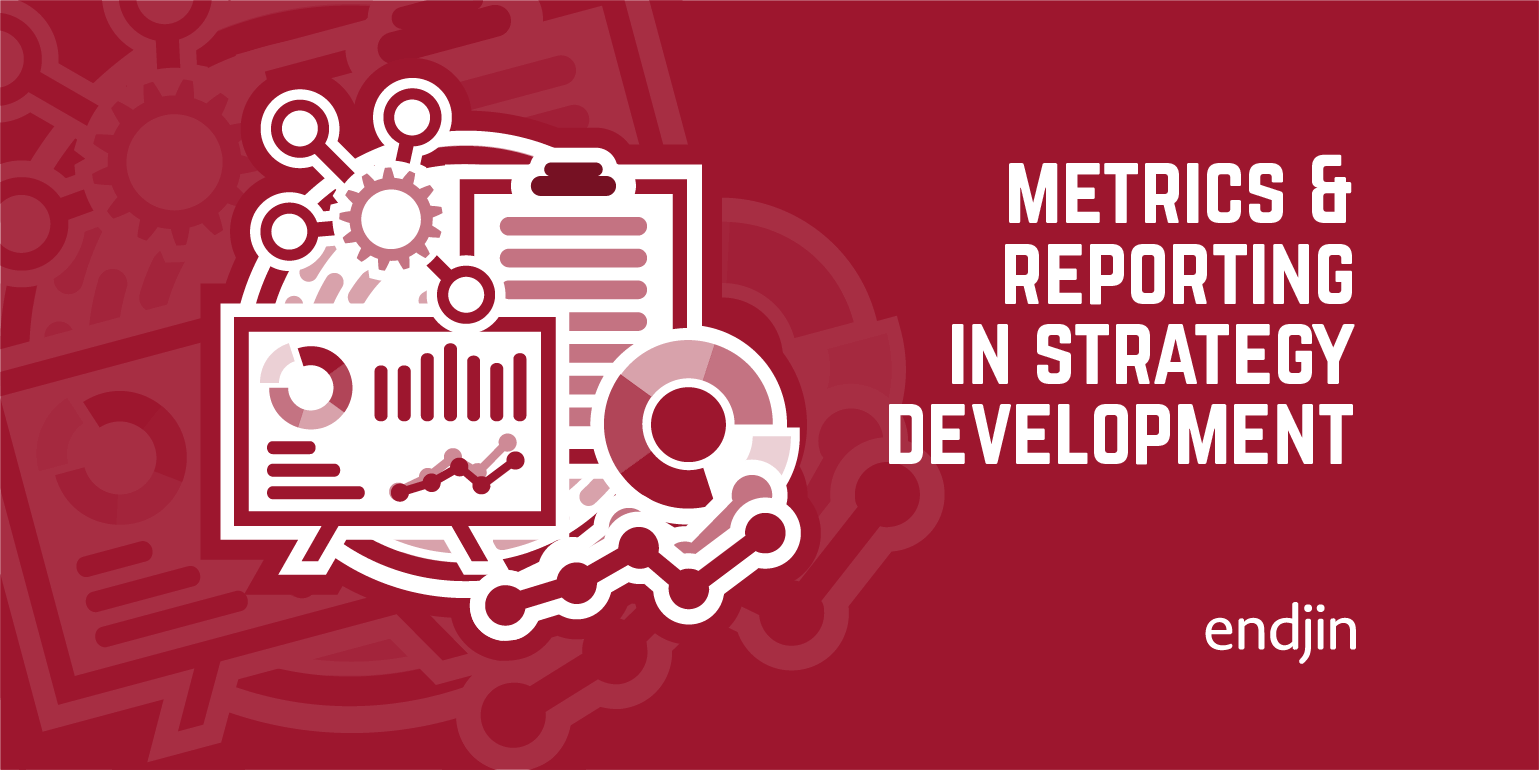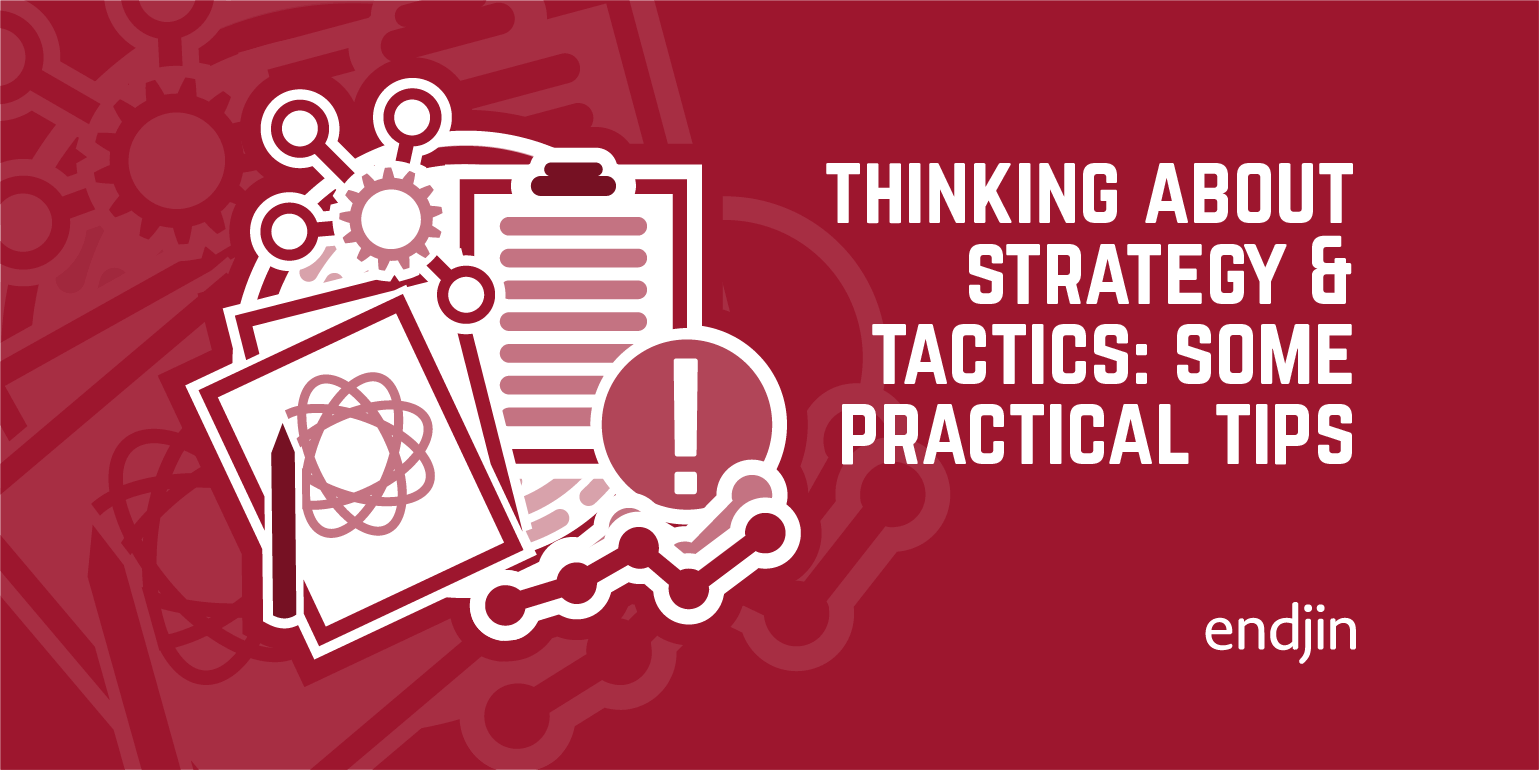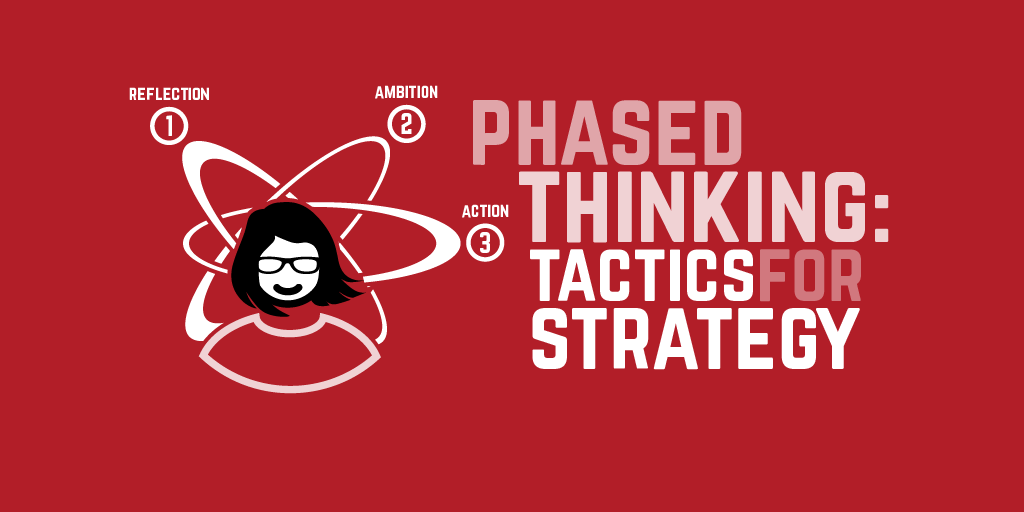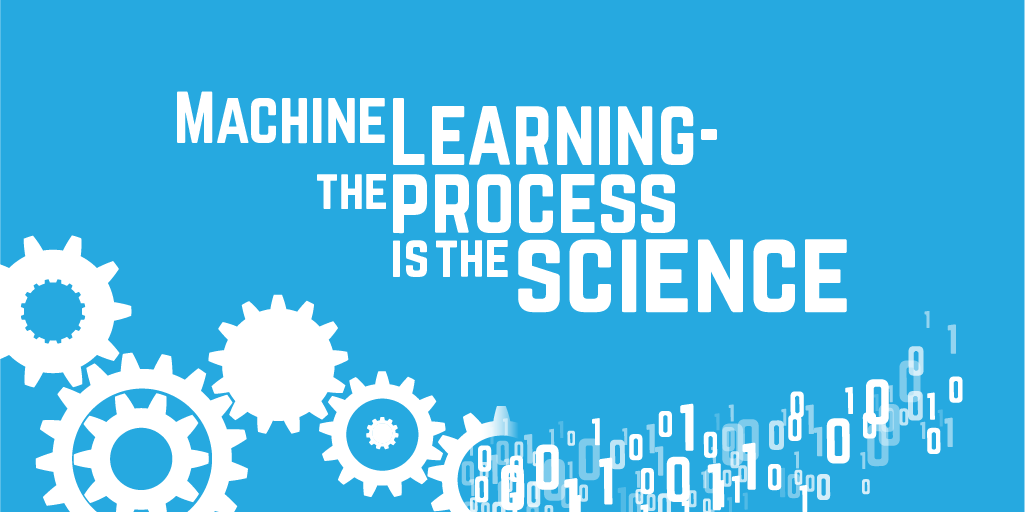Metrics & Reporting in Strategy Development

Previously, we've talked about the idea that Strategy is a kind of hypothesis about the future development of your business.
What's a hypothesis? The fount of all wisdom, Wikipedia, defines a (scientific) hypothesis as "a proposed explanation of a phenomenon which still has to be rigorously tested."
You can take any metaphor too far, though. Unlike a scientific hypothesis, we are making a series of observations about the current state of the world (that's our "Reflection" phase), defining a set of desired outcomes (that's our "Ambition" phase), and then trying to work out what actions are necessary and sufficient to take us from one to another ("Action"). We then iterate this process - take another series of observations, refine our desired outcomes, and alter our actions to better fit the newly revealed reality. That's what makes it business "engineering", not business "science".
They key to the process, though, is the observations that we make.
At the strategic level, businesses are often focused solely on the balance sheet, backed by some discursive "soft" reporting or operational roll-ups. While these are valuable metrics, they are not sufficient for us to be able to test the hypothesis.
The metrics we choose need to be:
- repeatable - is what you are measuring a stable, consistent quantity
- easily gathered - it should have a low impact on operations
- specific - it should be well defined, and well understood
- statistically valid - it needs to be signal, not noise
- characteristic of our hypothesis - it must be a reliable proxy for some aspect of the business
- bounded by success - you need upper/lower limits on the metric which determine "success" criteria, otherwise it is just a number
- disposable - it is only there to illustrate a part of the current hypothesis, not in itself the foundation of your business
The hardest of these is "disposable". The more we become wedded to the numbers, the further we get from the reason we are collecting the information, and the more prone to manipulation the numbers become.
This is why we recommend that reporting at a strategic level is not just a "roll-up" or "RAG status" of operational metrics, nor is it an end of itself, but a part of the input to a "reflection" phase, always accompanied by a review of "ambition" and "action".




